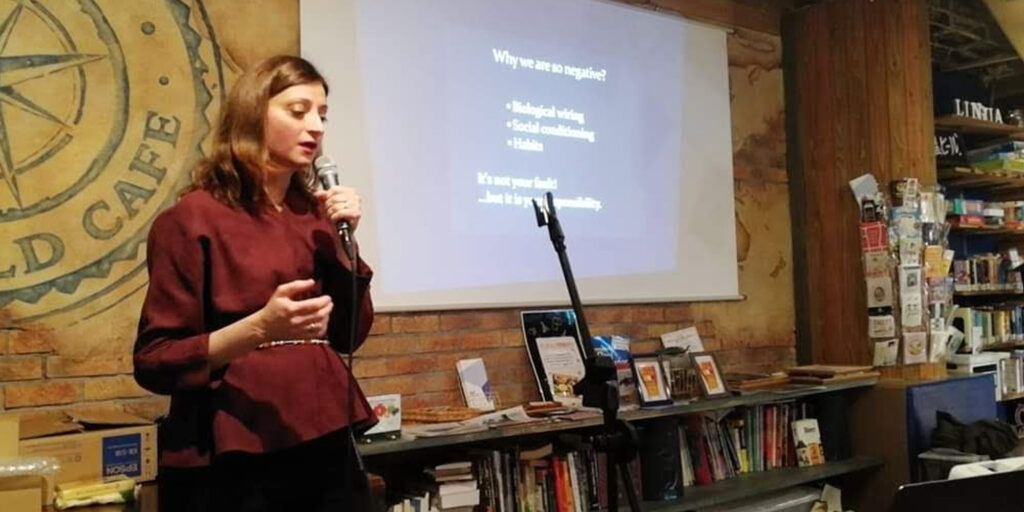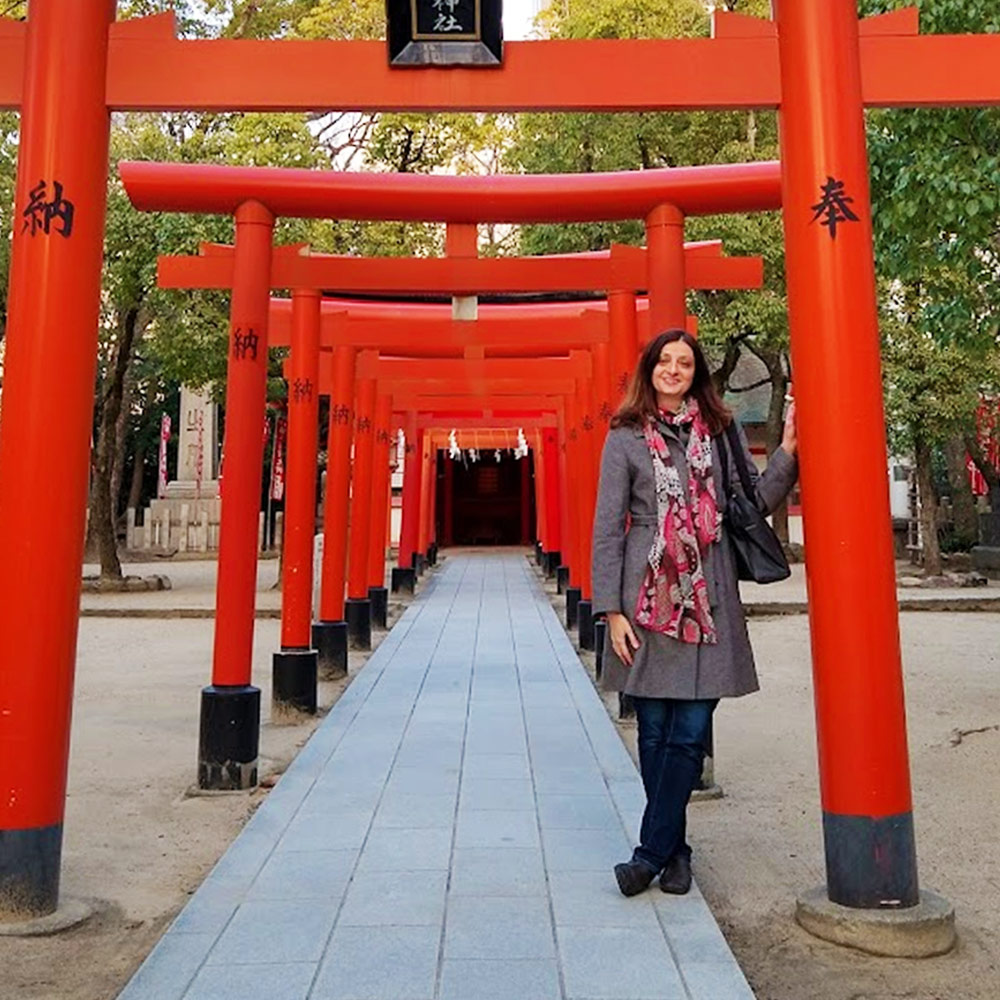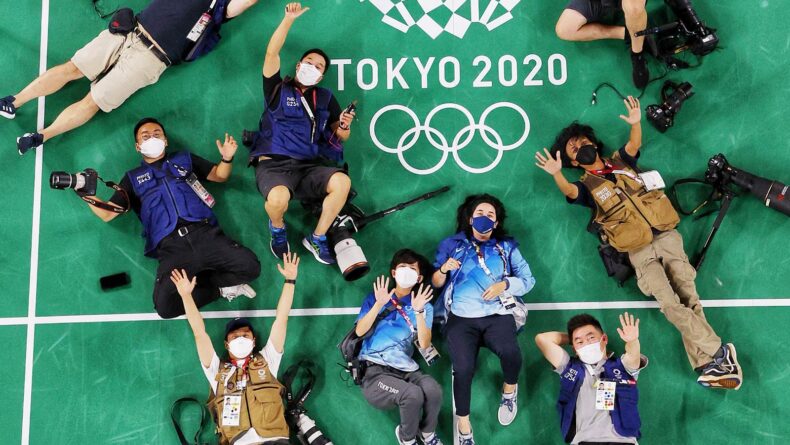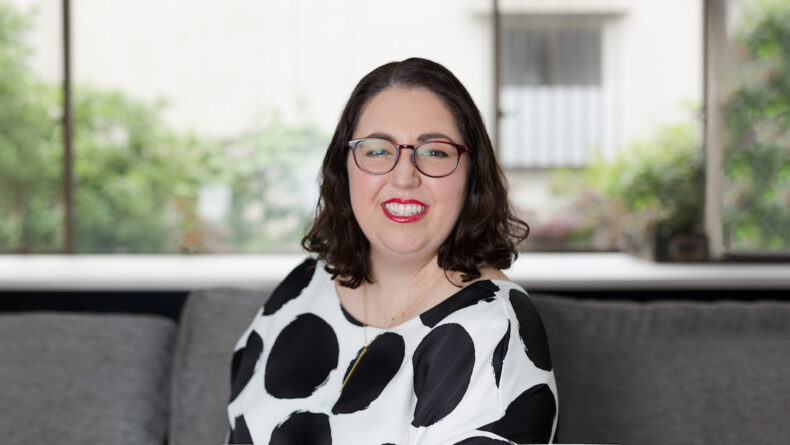Dr. Mira Simic-Yamashita Considers Mental Health And The Pandemic
Creating a resilience toolkit for well-being can help now and in the future
Serbian psychologist and hypnotherapist Dr. Mira Simic-Yamashita is tackling mental health issues while encouraging greater psycho-related education in Japan.
A therapist and university lecturer specializing in anxiety, low self-esteem, migraine and chronic pain, Dr. Mira Simic-Yamashita practices clinical hypnotherapy and rapid transformational therapy (RTT), an innovative combination of hypnotherapy, psychotherapy, neuro-linguistic programming and cognitive-behavioral therapy. After 18 years living in Japan, she has seen firsthand how the mental health field has improved in recent years, with more professionals and support options, as well as growing awareness of mental health among the public.
But now mental health professionals are faced with a new challenge: addressing the aftermath of the coronavirus pandemic. Savvy Tokyo spoke to Simic-Yamashita to find out how the virus that causes COVID-19 has impacted her work, what the future might hold for Japan in terms of mental health and how everyone can practice self-care for good mental health.
How has your work changed since the outbreak of the pandemic?
I am seeing many more clients with anxiety issues. Health anxiety is fairly common, sometimes accompanied by obsessive-compulsive disorder, but so is general anxiety and panic attacks. There is a rise in job-related and relationship-related anxiety, too. Meanwhile, a passive lifestyle, boredom and lack of social accountability have triggered many people to binge eat, gain weight or feel apathetic and unmotivated, causing their self-esteem to plummet. Consequently, more clients have been seeking help for weight loss, motivation and self-esteem issues.
As for patients experiencing migraines (a neurological disorder with a huge mental health component), generally, I have seen an improvement. People are spending more time at home, in a controlled environment, avoiding commuting, gatherings, noise and smells—all stressors that can trigger migraines. That makes migraines easier to manage and control. On the other hand, increased screen time and Zoom fatigue are triggers for some people as well.
How has the pandemic impacted mental health issues and treatment?
I think the pandemic—and the sudden life disturbances that came with it—brought to attention existing mental health issues and dysfunctional family dynamics. People who struggled with anxiety, depression or relationship issues before, now have it amplified. I don’t think it’s different but more intense, and thus less tolerable than before.
My practice was online before the pandemic. Most of the therapists I know reacted quickly and moved their practices online. This has given patients easy access to their therapists but some find it uncomfortable to talk at home due to lack of privacy. Overall though, in terms of access to mental health services, I think teletherapy is a change for the better. With the lack of daily life structure and social accountability, some clients need more encouragement between sessions, so I provide more frequent follow-ups and unlimited email support to those who need it.
Eighteen months on from the Covid-19 outbreak, what trends do you see in mental health issues in Japan and what can we expect in the coming months?
The World Health Organization predicts that mental health issues, such as anxiety and depression, will rise rapidly worldwide. I expect that after the pandemic-induced long period of stress and uncertainty, and with our emotional resources and coping skills severely depleted, a mental health pandemic will emerge. Social anxiety might increase as people return to offices and schools. Many people already dread “going back to normal.”
On a positive note, I think people are becoming more aware of the importance of emotional and mental health—the pandemic was a catalyst for that. As activities are restricted, people have more time to pay attention to their well-being. They are better informed about mental health care options and more willing to seek them out. There is also a rise in people practicing meditation, yoga and other types of self-care, finding social support and a sense of belonging in online groups or using apps and YouTube videos to learn how to manage their emotional state.
Emotional wellness and general psychoeducational programs to prevent mental health problems need to receive greater attention. Learning how to deal with difficult emotions, manage stress, create healthy boundaries, take control of thoughts and build a support network can allow people to make healthy daily habits. People are incredibly resilient and, with a little up-front work and social support, solid mental health would be available for everyone.
How can people practice good self-care?
There are so many things people can do, but I will suggest three things:
- Do the absolute basics: eat healthy food, drink more water, walk or cycle in nature and sleep well. Having a good mattress and pillow that will help you sleep better can do wonders for your mental health.
- Make a list of things, activities and people that helped you in the past to overcome difficulties. Expand it based on your current situation. It can include supportive people (friends, family, doctors, online groups), self-care strategies that worked well (meditation, running, reading, a hot bath, listening to music), solution-oriented actions (visiting a doctor, hiring a lawyer, selling a car) and things that are soothing or bring joy.
I teach people how to assemble their own personalized resilience tool kit, which includes such a list. Having a list ready when difficult times come empowers people by showing them they are resourceful; if they could cope in the past, they can and will cope again.
Practice self-compassion. That can be as simple as hugging yourself or choosing to be gentler, kinder and more accepting of yourself. It is scientifically proven that those who regularly practice self-compassion are less depressed, stressed and anxious, and more content, resilient, optimistic and connected with others. It’s a very simple and soothing way to care for yourself.
What should people do if they need external help?
They should certainly ask for it, as there are many people who can help them, depending on their issue and psychological state. If they are going through a crisis and need someone to talk to, they can call TELL Lifeline. If they are in need of medications, they should visit a medical doctor or psychiatrist as only they can provide medications in Japan. If people want conventional therapy or counseling, there is the International Mental Health Practitioners Japan and TELL Counseling, both of which have therapists offering services in English. If they want to try a complementary method, such as clinical hypnotherapy, with a trained psychologist, they are welcome to contact me. The RTT that I practice is a form of advanced clinical hypnotherapy that works with the majority of psychological and physical issues, providing rapid, long-lasting results.
Contact Dr. Mira Simic-Yamashita
Email: mira.simic.yamashita@gmail.com
Savvy Spotlight is a monthly feature introducing foreign and Japanese women at the frontline of what’s successful, contributing, cool, unique and interesting in the city. If you have anyone in mind you would like us to interview, leave us a comment below with your recommendations!




















Leave a Reply